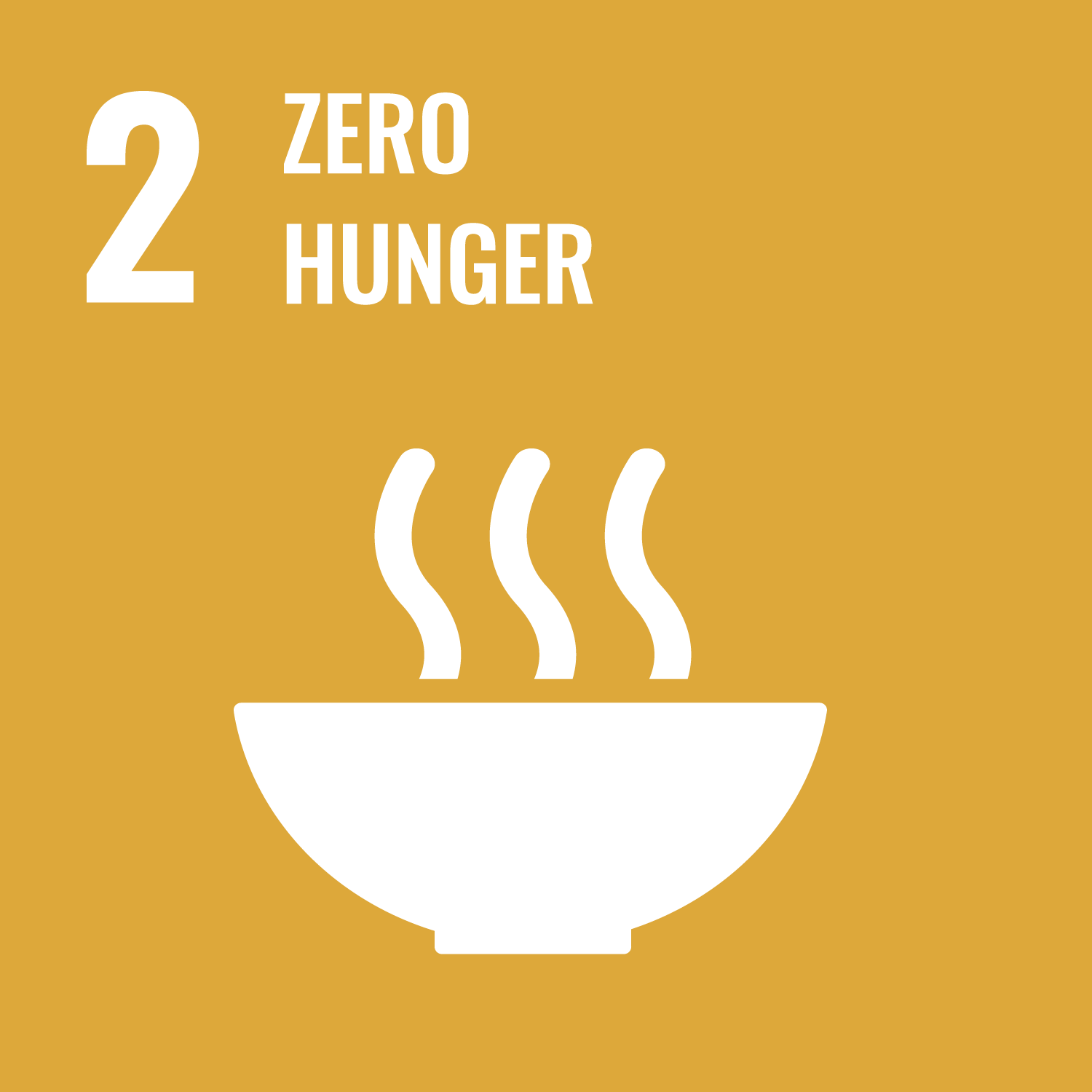SACRU reflections on World Food Safety Day [Part1],
Centering Social-Ecological Diversity and Interdependence in Our Food Systems,
Written by Takeshi Ito, Faculty of Liberal Arts and Graduate School of Global Studies
- Research
WORLD FOOD SAFETY DAY WILL BE CELEBRATED BY THE UNITED NATIONS ON TUESDAY, JUNE 7TH. FOR THE OCCASION, THE STRATEGIC ALLIANCE OF CATHOLIC RESEARCH UNIVERSITIES HAS GATHERED THE OPINIONS OF ITS EXPERTS ON THE TOPIC

Centering Social-Ecological Diversity and Interdependence in Our Food Systems
Written by Takeshi Ito, Faculty of Liberal Arts and Graduate School of Global Studies
Healthy, nutritious, and sufficient food is closely linked to human well-being and the biosphere’s sustainability. Yet, are our food systems equipped with what is necessary to meet the goals? They gain little support from the current situation. Nearly one in three people in the world did not have access to adequate food in 2020–an annual increase of 320 million people from 2.05 to 2.37 billion (FAO 2021). Agriculture, forestry, and other land use contribute roughly a quarter of greenhouse gas emissions (IPCC 2022). Our food systems, based on the assumption of scarcity, simply focus on quantities; increasing food production has been seen as the main solution for global food security. While our food system increased the volume of food production, they have not improved nutritional content of food and the world’s population of obese people has more than doubled since 1980 (Gordon et al. 2017). Furthermore, our food systems have also reduced crop diversity and homogenized our diets. Over time, humans have eaten around 6,000 plant species, but we consume just nine–of which rice, wheat, and maize provide 50 percent of all calories (Saladino 2021).
Ensuring access to healthy, nutritious, and sufficient food for all requires shifting the focus from scarcity, efficiency, and monocropping to relations, quality, and diversity. This suggests that farming as a way of life-making should foreground the principle of biodiversity and recognize the interdependence between human and nature rather than separating them. While farming alters landscapes suitable for the production of plants and livestock, it establishes social relations but also (re)connects producers to nature in ways that entwine social and ecological systems, rather than separate them. Such social-ecological relations are often reciprocal and resilient; while producers receive the benefits of environmental resources, they take good care of the soil, water, plants, livestock, and other organisms, creating biodiversity. Farming thus deepens the interdependent relationship between social-ecological systems, placing producers within a local ecology. Industrial agriculture has standardized and simplified nature, separated producers from nature and communities, and taken ecosystem services for granted. On the International Day of Food Safety, we recognize the diversity and interdependence of social-ecological systems as an important guide for ensuring access to healthy, nutritious, and sufficient food for all.

